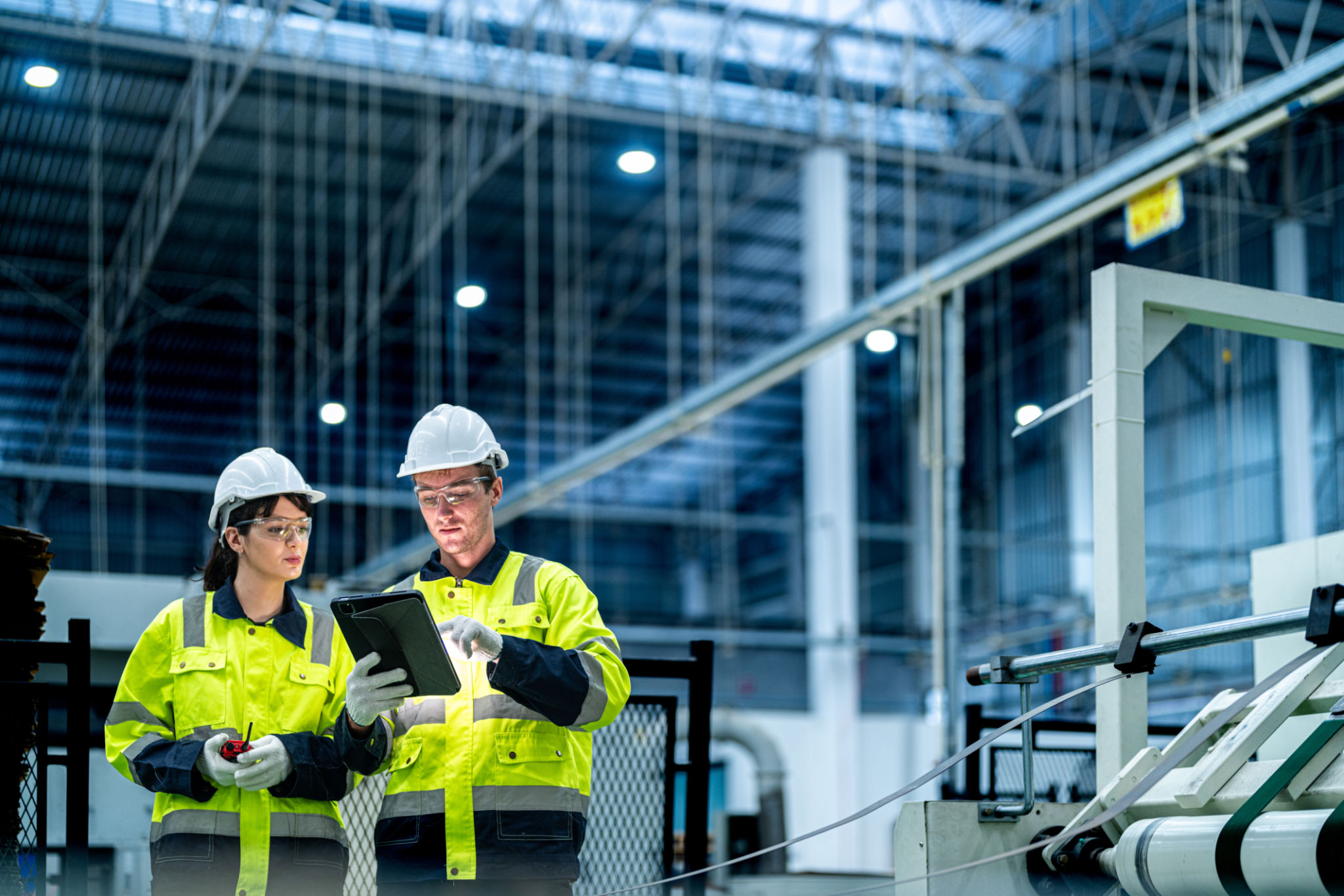Case Study: How AI Solutions Boosted Profitability for Manufacturers
Introduction to AI in Manufacturing
In recent years, the manufacturing industry has undergone a significant transformation, driven by technological advancements. A key player in this evolution is Artificial Intelligence (AI), which has emerged as a potent tool to enhance efficiency, reduce costs, and ultimately boost profitability. This case study explores how AI solutions have revolutionized manufacturing processes and increased profitability for companies.

Streamlining Operations with AI
AI technologies have allowed manufacturers to streamline operations by automating routine tasks. This automation has not only reduced the time and effort required for these tasks but has also minimized human error. For instance, predictive maintenance powered by AI can analyze machinery data in real-time, predicting failures before they occur and scheduling maintenance at optimal times.
Moreover, AI-driven process optimization helps in identifying bottlenecks and inefficiencies in production lines. By analyzing vast amounts of operational data, AI systems can suggest improvements that enhance productivity and reduce downtime. This capability is crucial for manufacturers aiming to stay competitive in a fast-paced market.
Enhancing Product Quality
Another significant advantage of AI in manufacturing is its ability to improve product quality. AI-powered quality control systems can detect defects that are often invisible to the human eye. Through image recognition and machine learning algorithms, these systems ensure that only products meeting the highest standards reach the customers.

This enhanced quality control not only reduces waste and rework costs but also strengthens customer trust and satisfaction. Manufacturers leveraging AI for quality assurance have reported a marked decrease in defect rates and an increase in customer loyalty.
Cost Reduction through Supply Chain Optimization
AI solutions have also played a pivotal role in optimizing supply chains, which are integral to manufacturing success. Through data-driven insights, AI can forecast demand more accurately, ensuring that inventory levels are optimized and stockouts or overstock situations are minimized.
Furthermore, AI can enhance supplier relationship management by evaluating supplier performance and identifying the most cost-effective options. This leads to smarter procurement strategies, reduced costs, and a more resilient supply chain.

Case Study: A Real-World Example
Consider a mid-sized electronics manufacturer that implemented AI solutions across its operations. By integrating AI into their predictive maintenance systems, they reduced equipment downtime by 30%, resulting in significant cost savings. Additionally, their AI-powered quality control system decreased defect rates by 25%, enhancing customer satisfaction and reducing returns.
The company also utilized AI for supply chain optimization, leading to a 15% reduction in inventory costs. These improvements collectively boosted the manufacturer's profitability by 20% within the first year of implementation.
Conclusion: The Future of AI in Manufacturing
The integration of AI solutions in manufacturing is not just a trend but a necessity for companies aiming to thrive in the modern landscape. By automating tasks, enhancing product quality, and optimizing supply chains, AI has proven its potential to significantly boost profitability.
As more manufacturers embrace these technologies, the future holds even greater possibilities for innovation and growth. Investing in AI is an investment in sustainability and long-term success for manufacturing enterprises worldwide.